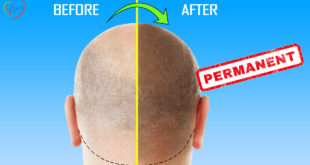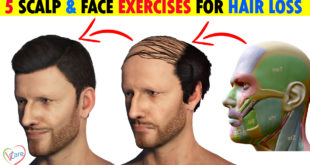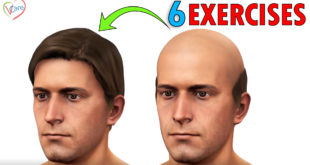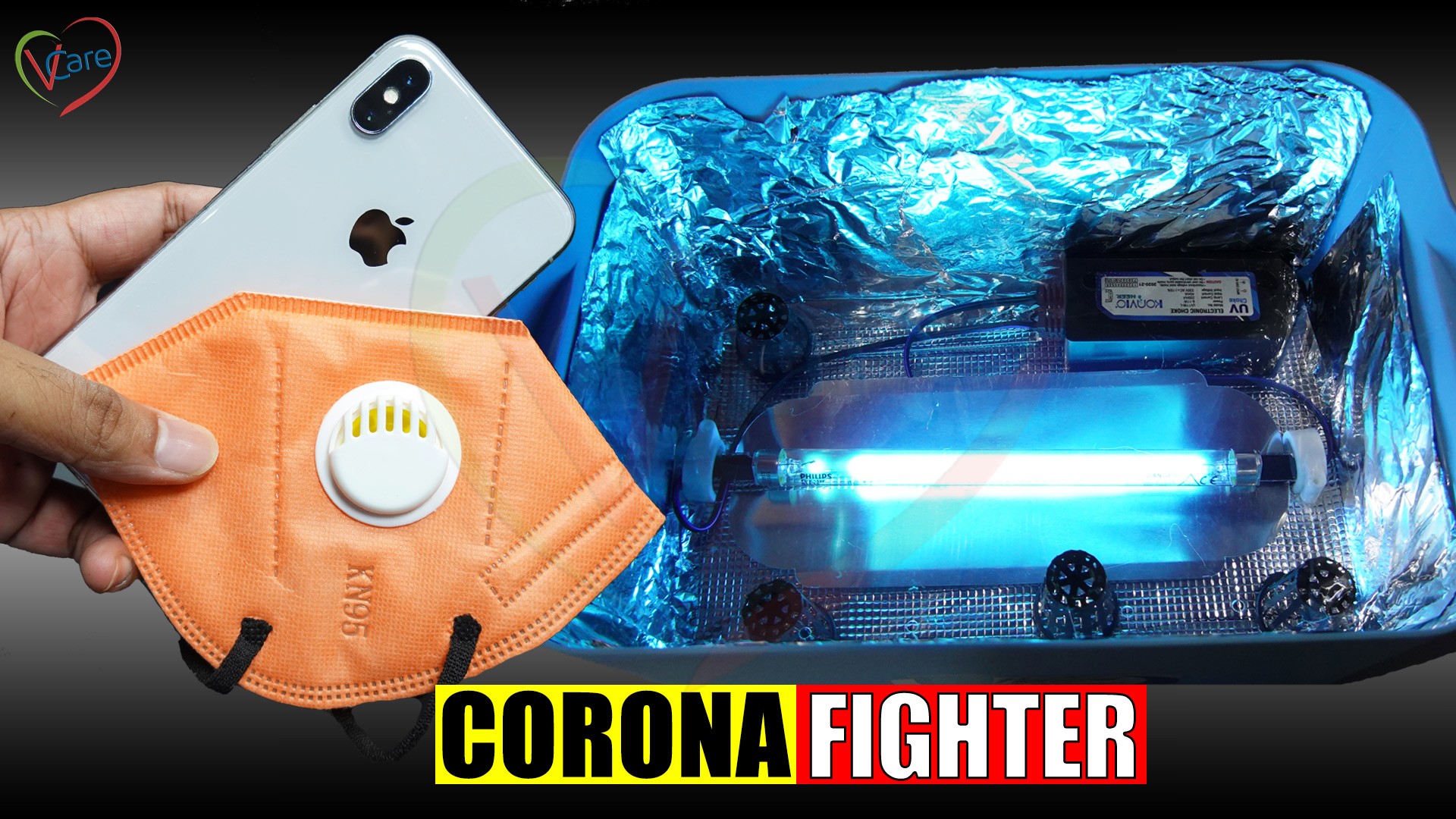Today’s article is on one of the most common digestive disorder – the irritable bowel syndrome. We will look into the signs and symptoms of IBS and discuss on the management or treatment of Irritable bowel syndrome.
What is Irritable Bowel Syndrome (IBS) ?
IBS is also known as spastic colon, irritable colon, mucous colitis, and spastic colitis.
It is one of the most common digestive tract disorder causing mild to moderate abdominal pain or discomfort associated with either loose stools or constipation. This means its of two types:
- Diarrhoea Type – IBS-D
- Constipation type – IBS-C
Remember IBS is different from IBD – which is inflammatory bowel disease like Crohns disease and ulcerative colitis. We will have a separate episode on that shortly.
IBS affects about 10 to 15% of the population and it is the most common disorder diagnosed by a gastroenterologists worldwide. IBS is a functional or motility disorder of the gastro intestinal tract, and there is no structural abnormality in IBS and all tests like endoscopy, xray, ultrasound, blood tests, stool tests are all normal in IBS.
What is the Cause for IBS?
As I told you, it’s a functional or motility disorder with no structural problems in the gastro intestinal tract or anywhere in the body. IBS is most common in the 20 to 40 year age group and more common in females.
The causes or the factors linked with IBS are:
- Stress, Anxiety, Depression and fear are most important psychological factors invariably common in patients with IBS.
- Improper sleep can be a trigger to IBS.
- Hormonal fluctuations specially in women during monthly cycles.
- Improper Diet specially high calorie meal like a fatty diet can trigger IBS.
- Use of laxatives can flare up IBS.
- For some people milk and diary products, wheat, chocolate, coffee, tea can flare up IBS.
- And sometimes, eating a meal too quickly can trigger IBS.
How do you diagnose and treat IBS?
Diagnosis is mainly based on symptoms: The symptoms vary in severity and duration from person to person and include:
- Abdominal Discomfort or Pain – often in lower abdomen, cramping in nature and relieved by defaecation.
- Diarrhoea or Constipation or both alternating constipation and diarrhoea.
- Feeling of passing motions soon after a meal or due to some fear or anxiety.
- Urgency to pass motions, straining to pass stools, feeling of incomplete evacuation even after passing motions daily.
- Passing mucus in stools,
- Gas and Bloating sensation.
- Fatigue or tiredness.
- Remember Whatever the Symptoms of IBS in day time, they hardly arouse the patient from sleep.
How to you Diagnose IBS?
This is is based on Romes criteria and also as I said earlier other structural or organic causes have to be ruled out with basic laboratory tests and colonoscopy or endoscopy, ultrasonography , etc.
Romes Criteria:
The Rome criteria require the presence of Abdominal pain or discomfort for at least 1 day in a week in the last 3 months along with ≥ 2 of the following symptoms:
- Pain that is related to defecation.
- Pain is associated with a change in frequency of defecation.
- Pain is associated with a change in consistency of stool.
Treatment of Irritable Bowel Syndrome:
Unfortunately there is no permanent cure for IBS. However some diet and lifestyle changes can help you a lot. Medications can provide symptomatic relief specially if IBS is worse. Just follow some of these step I am gonna mention now.
- Eat smaller meals and eat only when hungry and stop when you are still hungry. Avoid foods that trigger IBS as already discussed. Also for constipation type IBS include lot of fiber in diet, whereas for diarrhoea type reduce the fiber containing foods.
- Include Probiotics in diet to help relieve gas and bloating. Probiotics are helpful bacteria and yeasts for your digestive system. Lactobacillus in yogurt is the most common probiotic.
- Increase physical activity and start exercising daily for atleast 30 minutes.
- Reduce Stress and anxiety – Laughter therapy may be very helpful like remembering or uttering your most funny comedy scene or line may instantly releieve anxiety. Just give it a try.
- Last resort is medications: these are mainly Anti-secretory Anti-spasmodic drugs like Hyoscine and Dicyclomine. Antidepressants to relieve anxiety and depression and improve sleep. Loperamide is specially useful if you have frequent loose stools.
Stay Healthy!
 AlopeciaRx – Treatments for Alopecia (Hair Loss & Baldness) The Virtual Care Hospital
AlopeciaRx – Treatments for Alopecia (Hair Loss & Baldness) The Virtual Care Hospital





Way cool! Some extremely valid points! I appreciate you writing this article plus the rest of the site is really good.
Hmm is anyone else having problems with the images on this blog loading? I’m trying to determine if its a problem on my end or if it’s the blog. Any responses would be greatly appreciated.